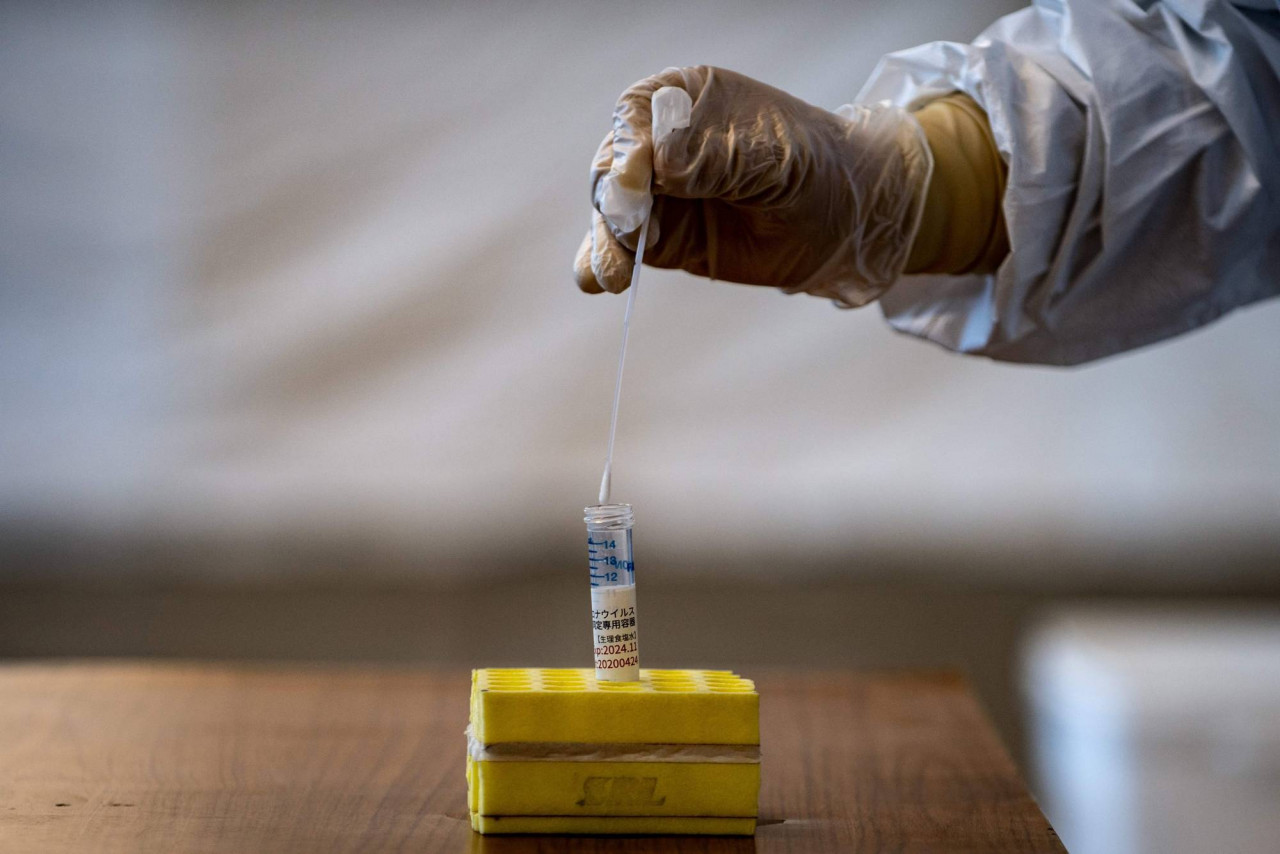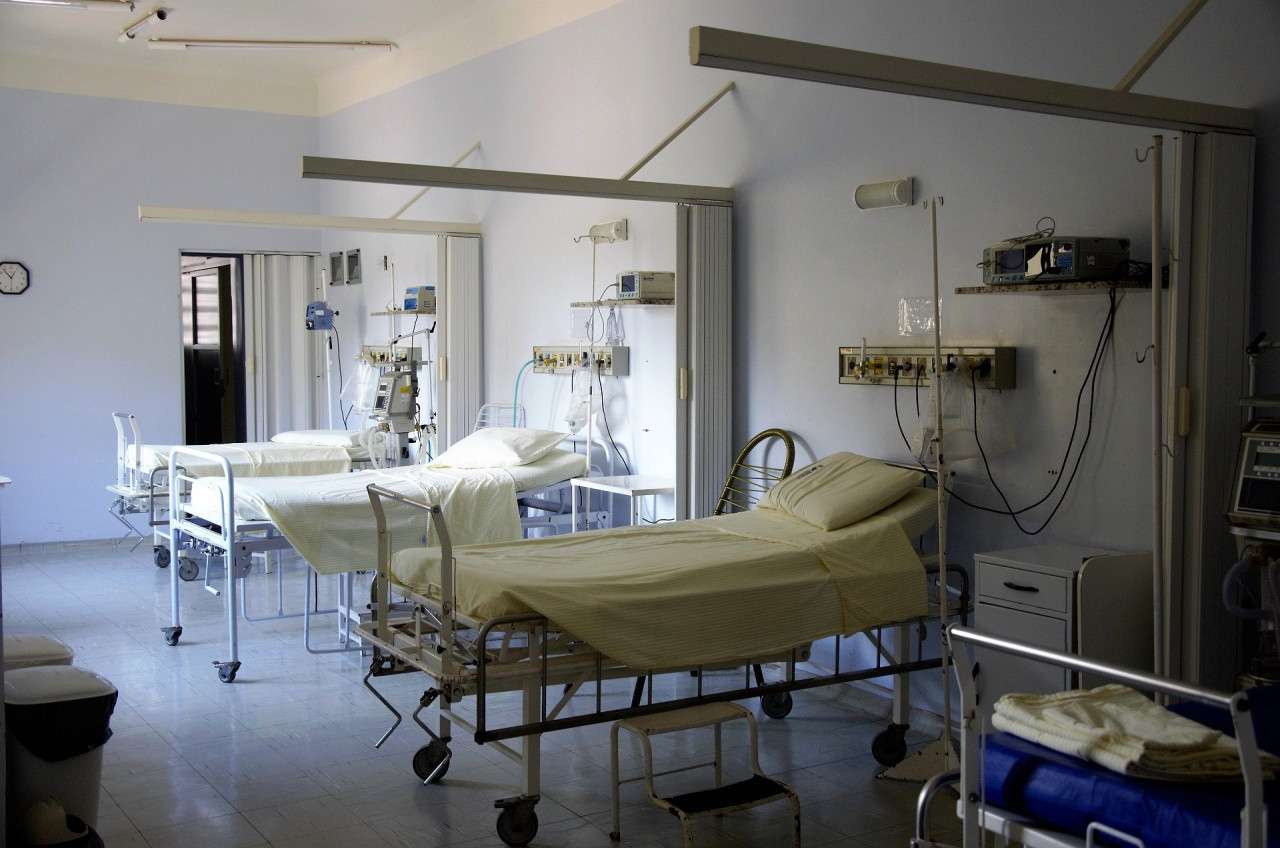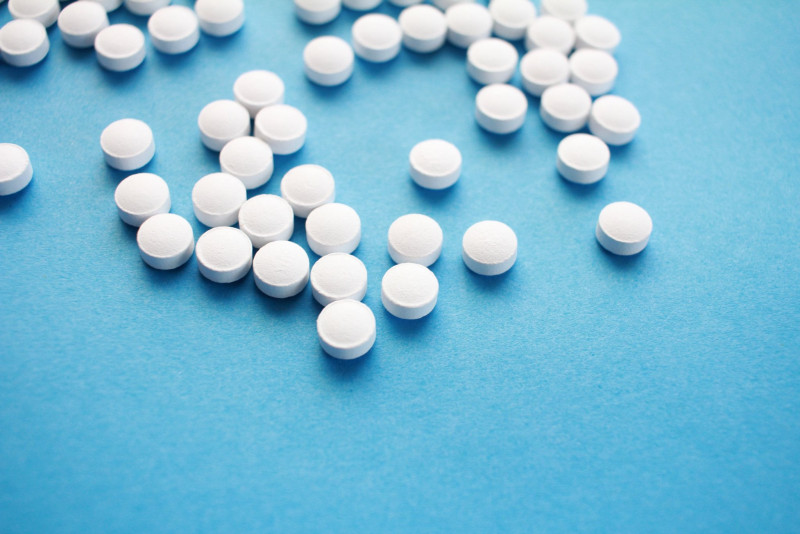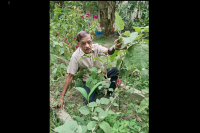RECENTLY, Health Director-General Tan Sri Dr Noor Hisham announced the start of clinical trials to study the use and efficacy of ivermectin for high-risk Covid-19 patients. He added that evidence is inconclusive to recommend routine use of ivermectin for Covid-19 patients and that the World Health Organisation (WHO) recommends using ivermectin to treat Covid-19 only in clinical trials.
On the contrary, there is now a large body of evidence on ivermectin use in Covid-19 accumulated, and the evidence is extensive, compelling and unambiguous that the drug is highly safe, cheap and effective for the prevention and treatment of Covid-19 and in preventing deaths from the disease. These clinical studies have been examined and analysed by leading experts in critical care, researchers, and data analysts. As a result, highly effective protocols have been developed for the prevention and early treatment of Covid-19.
The data that has emerged worldwide shows conclusively and irrefutably “the profound efficacy of the anti-parasitic, antiviral, anti-inflammatory agent called ivermectin in all stages of the disease. Nearly all studies are demonstrating the therapeutic potency and safety of ivermectin in preventing transmission and progression of illness in nearly all who take the drug”, said Dr Pierre Kory in his testimony to the United States Senate on December 8, 2020.
Dr Kory is president of Front Line Covid-19 Critical Care Alliance (FLCCC), which comprises renowned, highly published, world-expert clinical researchers whose sole mission over the past year has been to develop and disseminate the most effective treatment protocols for Covid-19.
In December 2020, FLCCC completed an extensive and in-depth review of data on the use of ivermectin in Covid-19 treatment worldwide. It included a total of 6,612 patients from 27 randomised controlled trials (RCTs) and observational studies on ivermectin. This study was peer-reviewed by medical experts that included three US senior government scientists at the US Food and Drug Administration and Defence Threat Reduction Agency. It was recently published in the American Journal of Therapeutics (Kory P., Meduri G.U., Varon J., et al 2021). This research is the most comprehensive review of the available data taken from clinical, in vitro, animal, and real-world studies. Led by FLCCC, a group of medical and scientific experts reviewed published peer-reviewed studies, manuscripts, expert meta-analysis and epidemiological analyses of regions with ivermectin distribution efforts – all showing ivermectin as an effective prophylaxis (preventor) and treatment for Covid-19.
The review concluded with “meta-analysis based on 18 randomised controlled trials of ivermectin in Covid-19 have found large statistically significant reductions in mortality, time for clinical recovery and time for viral clearance. Results from numerous controlled prophylaxis trials reported significantly reduced risks of contracting Covid-19 with the regular use of ivermectin. The many examples of ivermectin distribution campaigns leading to rapid population-wide decreases in morbidity and mortality indicate that an oral agent effective in all phases of Covid-19 has been identified”.

Reduced risk of death from Covid-19
FLCCC has therefore recommended the global adoption of ivermectin use against Covid-19.
If this (ivermectin use) were to occur nationally and globally, we predict that the pandemic will end, the economy can reopen, social interactions and activity can resume, and life can normalise.”
FLCCC concluded that the use of ivermectin alone is effective enough for outpatient management and the prevention of onset in close contacts. Based on this, FLCCC established a new protocol called I-Mask+ on October 31. It combines a single oral dose of ivermectin with the use of a mask to prevent the spread of infection.
The FLCCC study was followed up by Dr Theresa A. Lawrie, who, given the urgency of the situation, undertook a systematic review and meta-analysis of studies in the FLCCC paper to validate FLCCC’s conclusions. Dr Lawrie is director of Evidence-Based Medicine Consultancy Ltd, a UK-based independent medical research company involved in the rigorous evaluation of medical evidence to support clinical practice guidelines. She is an expert consultant for WHO and the UK National Health Service. Dr Lawrie did a detailed examination of 15 of the 27 clinical trials covered by the FLCCC.
The review and meta-analysis confirm that ivermectin reduces the risk of a person dying from Covid-19 by an average 83 percent compared with no ivermectin treatment. When used as prophylaxis among healthcare workers and contacts, ivermectin reduces Covid-10 infections by 88%.
RCTs are the gold standard of study design. In modern evidence-based medicine, the highest form of medical evidence is a systematic review and meta-analysis of RCTs. The use of evidence in the form of systematic reviews is now considered to be an international standard for guideline development.
FLCCC’s conclusions were further supported by the British ivermectin Recommendation Development (BIRD) panel recommendation. BIRD convened a meeting in February to evaluate the evidence on ivermectin use for the prevention and treatment of Covid-19. Over 70 international health professionals from 16 countries, including clinicians, health researchers, academics, scientists and health advocates involved in ivermectin research, attended.
The BIRD panel of experts undertook a comprehensive assessment of the existing ivermectin trials using the highest form of medical evidence – a meta-analysis to evaluate data from 21 trials of ivermectin (18 RCTs and three quasi-RCTs) on over 2,5000 patients, before concluding it is safe and effective for use in the treatment of Covid-19.
Following the WHO Handbook for Guideline Development, the BIRD panel voted strongly in favour of ivermectin as a Covid-19 front-line therapy, and that the drug should be immediately rolled out.
Based on detailed results of the evidence, BIRD said it “recommends ivermectin for the prevention and treatment of Covid-19 to reduce morbidity and mortality associated with Covid-19 infection and to prevent Covid-19 infection among those at higher risk”.
It also said it “views further placebo control trials as unlikely to be ethical and informs that prevention and treatment protocols can be derived from the clinical trials and numerous protocols already developed by expert physicians in the field”.
BIRD recommendations were also submitted to WHO and public health agencies in the US, Canada and Europe.
Faster clearance of virus reported
In January, a WHO-funded meta-analysis conducted by 40 members from 13 countries with a total of 2,282 patients reported consistent benefits of ivermectin. Led by Dr Andrew Hill, a WHO consultant, the results of 18 RCTs indicated reductions in mortality, time for clinical recovery and time for viral clearance. In six RCTs of moderate or severe infection, there was a 75% reduction in mortality with favourable clinical recovery and reduced hospitalisation rates.
Ivermectin was associated with reduced inflammatory markers and faster viral clearance. Viral clearance was treatment dose- and duration-dependent, most pronounced in the five days of treatment using doses of 0.4mg/kg. At these doses, there were statistically significant effects on viral clearance in all four randomised trials. Dr Hill when presenting the data said: “The current calculated probability that ivermectin’s measured effects on survival are due to chance is 1 in 5,000.”

By June 18, meta-analyses had been performed on 18,931 patients in 60 clinical studies (including 31 RCTs with 5,316 patients). It reported improvements of 76% in early treatment; 46% in late treatment; and 85% in the prevention of onset of disease. Based on the results of these 60 trials, it concludes that the probability of this judgement on ivermectin’s superior clinical performance being false is estimated to be one in 2 trillion.
There is now a wealth of studies confirming efficacy of ivermectin that has been supported by the following evidence, in which ivermectin has been found to:
– Inhibit Sars-Cov-2 replication and binding to host tissue through several observed and proposed mechanisms.
– Have potent anti-inflammatory properties with multiple mechanisms of inhibition.
– Significantly diminish the viral load and protects against organ damage in multiple animal models.
– Prevent transmission and development of Covid-19 disease in those exposed to infected patients.
– Hasten recovery and prevent deterioration in patients with mild to moderate disease treated early after symptoms first surface.
– Hasten recovery and prevent of ICU (intensive care unit) admission and death among hospitalised patients.
Plus, WHO has long included ivermectin in its list of essential medicines.
Many countries have approved the use of ivermectin in Covid-19 or formally incorporated it into national treatment guidelines. They include Bulgaria and Slovakia, India, Egypt, Peru, Zimbabwe, Bolivia, Japan, Mexico, Brazil, Argentina, and South Africa. It is now the standard of care in Mexico City (population 22 million), one of the world’s largest cities.
As of June 2021, ivermectin is used in 32 countries around the world on 29% of the global population.
It has been approved for nationwide use in 15 countries and there is now an accumulation of conducted clinical study results for each of these countries. The adoption of ivermectin for the prevention and treatment of Covid-19 by these countries and their health authorities based on the available evidence demonstrates that ivermectin works and is key in controlling the disease.
‘Govt inaction means letting people suffer’
Regions of the world with widespread ivermectin use have shown a sizable reduction in case counts, hospitalisation and fatality rate. FLCCC said its magnitude and reproducibility from city to city, region to region and country to country is unassailable. In fact, “Covid-19 is being eradicated in many regions of the world that have adopted the widespread use of ivermectin”, Dr Kory testified at the US Senate. This epidemiological data is historic, landmark research given that it demonstrates the population-wide role that ivermectin can play in bringing about the control of the epidemic said FLCCC.
In March, a group of international medical and scientific experts called for action to put an end to the Covid-19 pandemic by immediately adopting policies that allow for the use of ivermectin in the prevention and treatment of Covid-19. At that meeting, Dr Lawrie warned that “for a government to continue not to take action on ivermectin is to let people suffer from this terrible disease”.
Earlier on, Dr Kory and Dr Paul Marik of FLCCC had cautioned that the current widespread non-adoption of ivermectin in the face of hundreds of thousands of ill and dying violates Principle 37 of the Helsinki Agreement on Medical Research, which declares that “physicians may use an unproven intervention if in the physician’s judgement it offers hope of saving life, re-establishing health or alleviate suffering”.
The call to use ivermectin to prevent and treat Covid-19 has also been expressed by Satoshi Omura, who won the Nobel Prize in 2015 for discovering ivermectin. He had stated that ivermectin should be used for Covid-19 immediately without requiring any specific approval.
According to Omura, ivermectin suppresses both replication of the virus and inflammation, in addition to activating the immune system.
The data and the evidence have shown that ivermectin is effectively a “miracle drug” against Covid-19. Omura in a newly published paper he co-authored likens it “to be comparable to the benefits achieved from the discovery of penicillin – said to be one of the greatest discoveries of the 20th century”. ivermectin has been successfully used for over 40 years to treat river blindness and other parasitic diseases. One of the safest drugs known, and administered almost 4 billion times around the world, it has also been used to successfully treat several other human diseases and new uses are continually being found, according to Omura’s study.

In light of the above, the Consumers Association of Penang (CAP) calls on the Health Ministry (MoH) and the government to show bold, decisive and judicious leadership in dealing with this health crisis, which is now an economic and social disaster in the making.
CAP urges the authorities to implement the following measures:
– For MoH and the government to expedite the authorisation of ivermectin use in Covid-19 without delay, in both the public health system and privatised healthcare.
– For MoH and the government to allow the competitive import of ivermectin and prevent “drug cartels” to control the price of the drug. Patent rights to ivermectin expired in 1996 and there are multiple generic products available in the market. Hence, it is relatively cheap.
– To employ the test and treat strategy to intensify mass testing for early detection of Covid-19, and give patients who test positive a treatment kit containing ivermectin and details of the necessary follow-up measures. This health programme should include a proactive testing strategy with home visits and the distribution of medication kits. This campaign was successfully carried out in Mexico City and Uttar Pradesh. The outcome was a significant decrease in hospitalisations and deaths. In Uttar Pradesh, with a population of over 204 million, Covid cases fell by more than 95%. As of mid-June, it had some 596 new cases of Covid-19 and the death toll has been extremely low for its population size.
– To distribute Covid-19 home kits for each family member consisting of a blister pack of a dose of ivermectin plus seven days of zinc, vitamin D3, and vitamin C for use in the event of exposure to or contact with a person with Covid-19. Distribution can be done through home visits or delivered by post to reduce the risk of Covid-19 patients infecting others.
– For priority to be given to all front-line workers, high-risk groups and vulnerable populations i.e. prison populations, refugees, immigrants, the elderly, the disabled, those in nursing homes, nurseries, and the like. – The Vibes, June 29, 2021
Mohideen Abdul Kader is president of Consumers Association of Penang










_and_lord_mayor_rajendran_posing_in_a_mock_up_lrt-Ian_pic.jpeg)




.jpeg)





